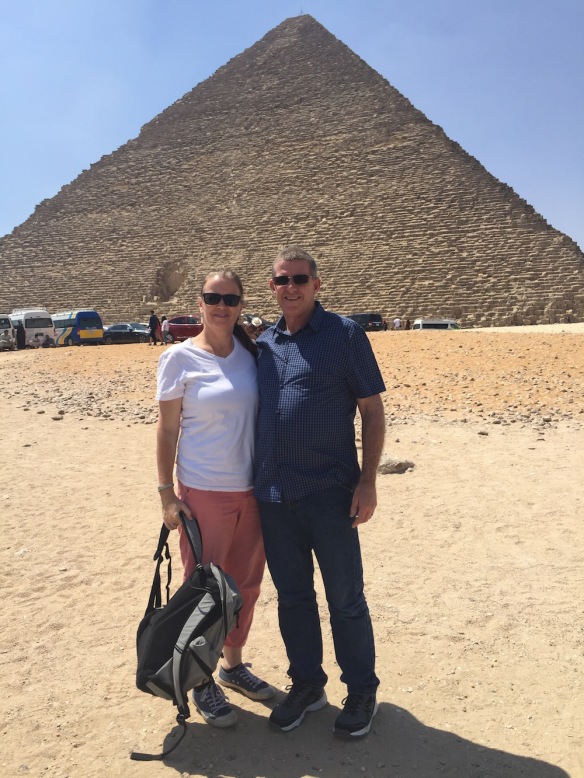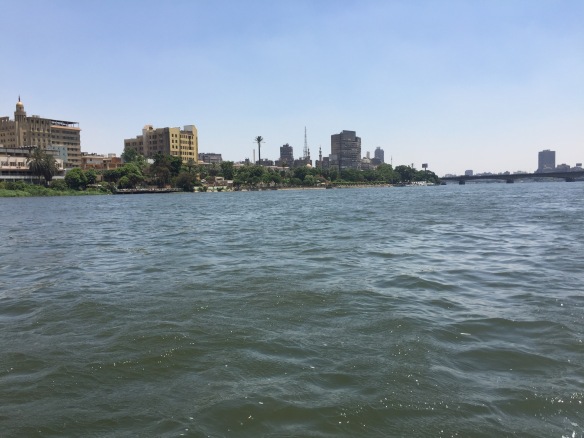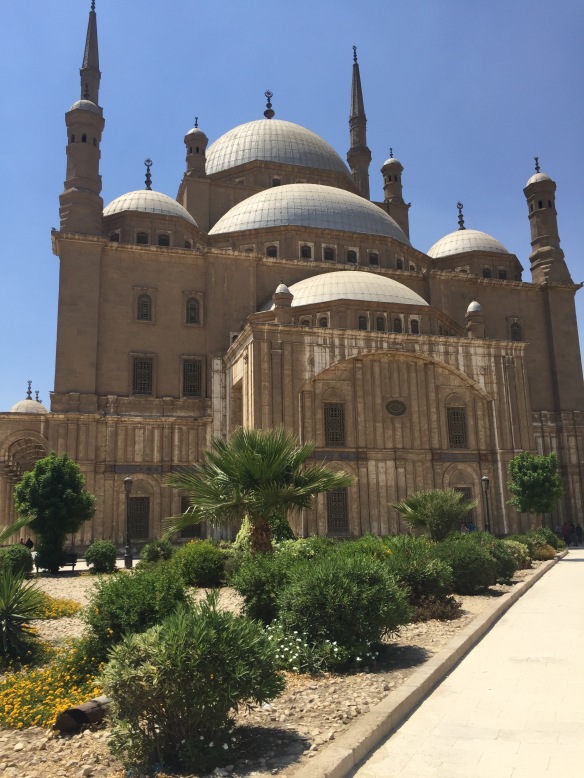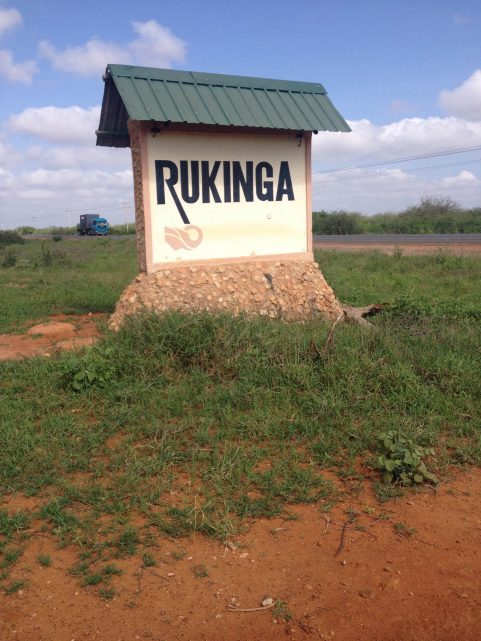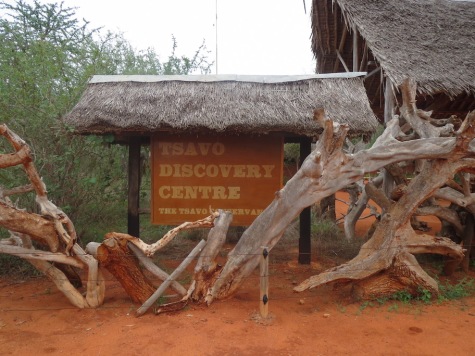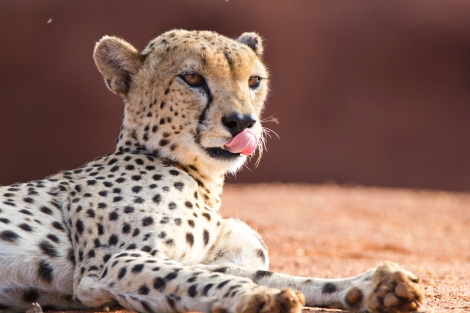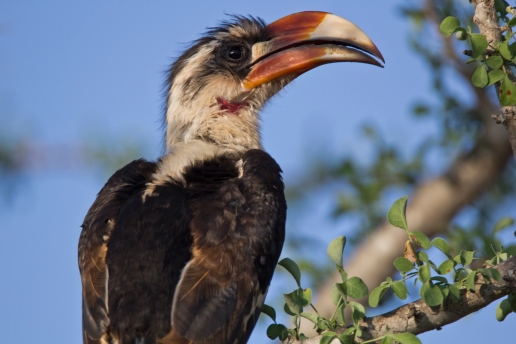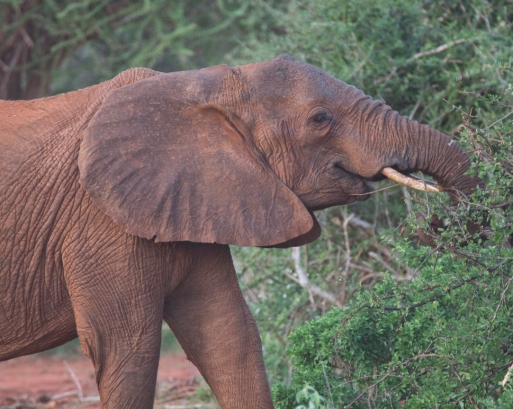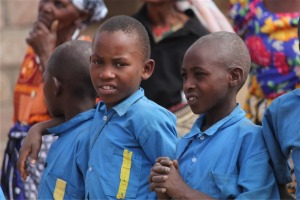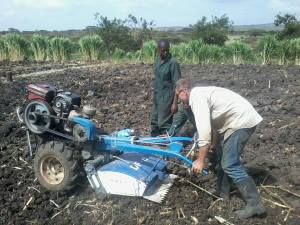One thing I’ve learned from my Kenyan friends is how to hustle. Hustling involves trying to make ends meet and bring in extra income. Kenyans are very clever at finding ways to have several small streams of incomes. Some of our friends started out by renting a tuk tuk while at college, then owning one, then renting it out and finally selling it. Other sell rice and soap on the side. One sells sweets and biscuits, while having a part time job and learning to sew so that she can put herself through uni. Another mate when he is driving 8 hours to his village will stop at a bus park and offer a seat at a reduced price, that way his petrol is covered.

You’ll see very few beggars compared to other countries because people get it that asking for money doesn’t really work – but doing something, even if it’s small, makes a difference. There’s no social welfare here so you work or you don’t eat.
We live on a very small budget. In fact a usual missionary/development worker the average budget is $45,000, we’re on half of that. A huge influence is the exchange rate and over the last year we’ve seen the Aussie and Kiwi dollar go down the toilet. So if there’s anything extra that comes our way, well, we have to trust God to get us through. As things are so expensive here, we make sure we buy items when we travel as they are WAY cheaper overseas. But for dental and optical needs it’s cheaper in Kenya, so we get that done here.
However, it’s not just about praying and hoping, it’s using your brain to see where you can ‘hustle’.
So we started thinking about how could we bring in money when we couldn’t hold down employment in another country. We are now kid free so have two bedrooms and a spare bathroom available. While it can be a hassle having extra people at home, the monetary benefits are worth it – most of the time. We’ve met some great people from lots of countries, with some of them still keeping in touch years later.

This has enabled us to pay for extras like car repairs and travel. We have a bunch of supporters from New Zealand and Australia that help us get buy each month but there’s always things we can’t budget for. Our car is a big one because the roads are so rough. Every three years we need to cover our visas to stay in country and you can kiss goodbye $1,500 on that one.
When we head back to New Zealand and Australia (which has been way more often than we ever intended). People often ask Pete to do some painting of their house. He always gives a really cheap rate but the same people also put us up at their house and feed us. Pete started his handyman business when we lived in Sydney and he is really good at what he does. He won’t compromise on quality and always does his best. It’s helped us to buy tickets home. It will also help us have a family holiday together for the first time in 8 years.
8 years ago there was no son-in-law nor grandkids!
And there’s the occasional time that people give us extra money to hire cars or buy tickets. It doesn’t happen a lot but when it does its mega awesome. When Pete’s dad passed away, it was a couple of people who stepped up and covered both of our flights. Trust me, it was really expensive in January. It’s always very humbling when people partner up with us because we know it’s a huge sacrifice for them. They could be spending it on their own holiday but they give it to us, with no strings attached.
Everything we have in our home is because people have generously donated towards us. From the TV to the beds to the microwave to every other piece of furniture in our house.
The time is coming soon when our car, which is costing us more in repairs than every before, will need replacing. We’re not sure how that will happen and we’re not stressing about it (not right now anyway) but Pete does have his eye on another one.

We’re also working with our team on how our organisation can raise more funds for projects and office costs. So we’ve been all learning how to make such things as hand made soaps, candles and bracelets to possibly sell at markets both here and overseas. It costs around $500 a month just to pay our staff and run the office, so we need to find that extra.
Here’s a couple of questions to ask yourself:
- What can I do in my situation to bring in a few extra dollars?
- Can I cut back some areas in my spending?
- Do I really need those new clothes, shoes, car right now or can I save it and wait?
- Do I have some painting that Pete can do for me in 2019?





